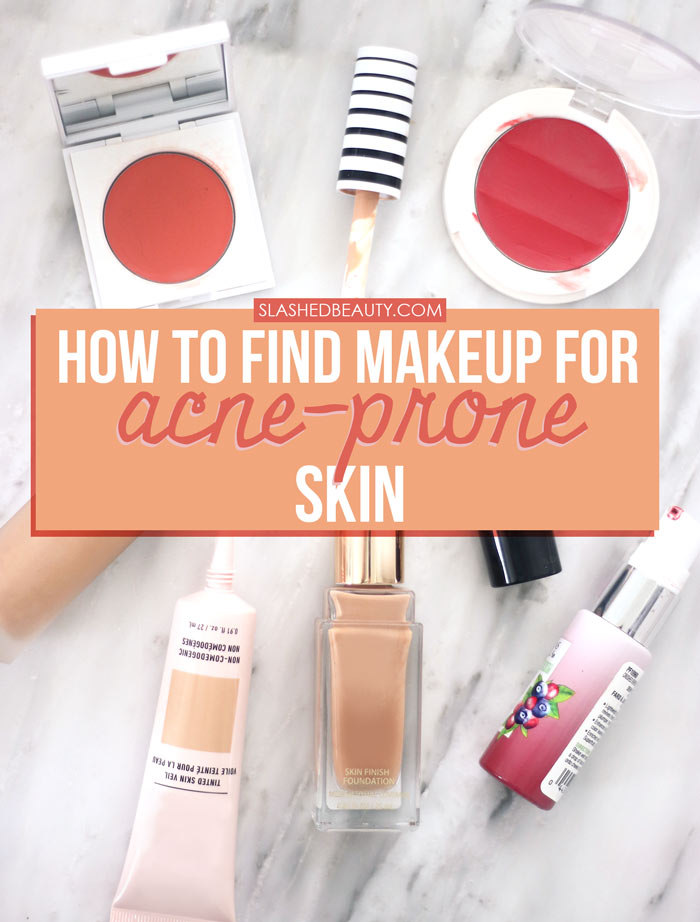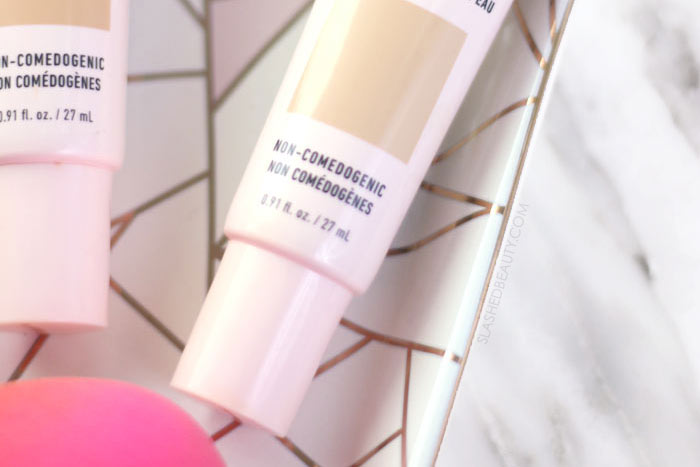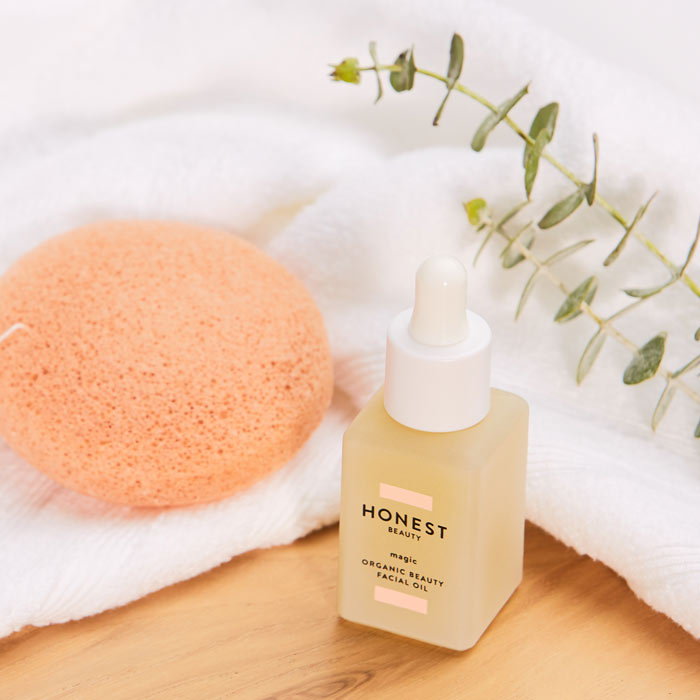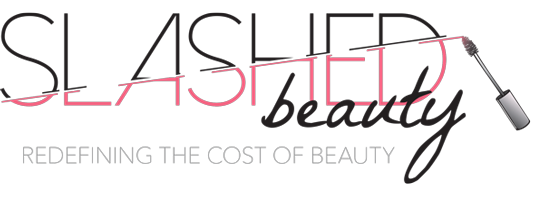How to Choose Makeup for Acne-Prone Skin
Will makeup make acne worse? The answer isn’t as clear as you’d think. Shopping for makeup is hard enough. Choosing makeup for acne-prone skin? A struggle all its own.
According to Dr. Nava Greenfield from Schweiger Dermatology, there is no one specific universal ingredient to look for or stay away from when it comes to choosing makeup for acne-prone skin, since everyone’s sensitivities are different. When choosing makeup for acne-prone skin, looking for the non-comedogenic label is key. Non-comedogenic products are designed so that they don’t clog your pores, and in turn help avoid acne breakouts.

However, there are some red flags that can help you spot makeup that may not work for acne-prone skin. Dr. Greenfield points out that in general, “lightweight creams are better for acne prone skin as opposed to more heavy products, which will be more occlusive on the skin.”
Other common ingredients that are potential skin enemies include fragrance, preseratives and heavy oils and butters such as coconut or shea. Pore-filling products that contain silicones can also congest skin. “Fragrances, dimethicone, mineral oil, parabens, imidazolidinyl urea, Quaternium-15, and DMDM hydantoin are all ingredients that can irritate both sensitive and acne prone skin.”
Again, one person’s skin may react differently to specific ingredients than the next. These are just a handful of common acne-causing culprits that you should tread lightly with when trying new products. These also apply to finding skin care that works for problem skin.
Personally, my acne-prone skin can handle a thin layer of silicone in my foundation without issues. However, I recently found out that I’m allergic to a resin commonly used to develop cosmetic fragrances. Unfortunately, cosmetics legally only need to add the label “Fragrance” to their ingredients without going into detail of what it’s derived from, so I either need to avoid it completely or do patch tests.

Another way to determine the possibility that your makeup causes acne is checking its score on CosDNA. This is an awesome online resource that gives you a breakdown of a product’s ingredients and their likelihood of irritating your skin or causing breakouts. To use CosDNA, type the name of a product in the search bar, and look for a matching analysis. Safety column scores of 3 or higher will point out potentially acne-causing ingredients. While it may not provide a black and white answer on whether a particular product will work for your specific skin, it’s a good place to start.

Is natural or organic makeup better for your skin?
While natural or organic makeup that boasts clean formulas may seem like the right way to go when dealing with problem skin, it’s not always the case. “You can have organic oils and heavy creams that will be very comedogenic,” says Dr. Greenfield. Even natural ingredients can clog pores or cause reactions, so don’t blindly buy into clean marketing before checking the label! However, clean products generally do tend to contain less skin irritants and may be more transparent with their ingredients, making the process of shopping for acne-friendly makeup easier.
READ MORE: The Best Non-Comedogenic Drugstore Foundations for Acne-Prone Skin
While it’ll be a lot of trial and error finding the perfect products for acne-prone skin, hopefully these tips can help it feel less like throwing spaghetti against the wall during your next makeup haul!
What are your favorite makeup products for acne-prone skin? Share in the comments!

